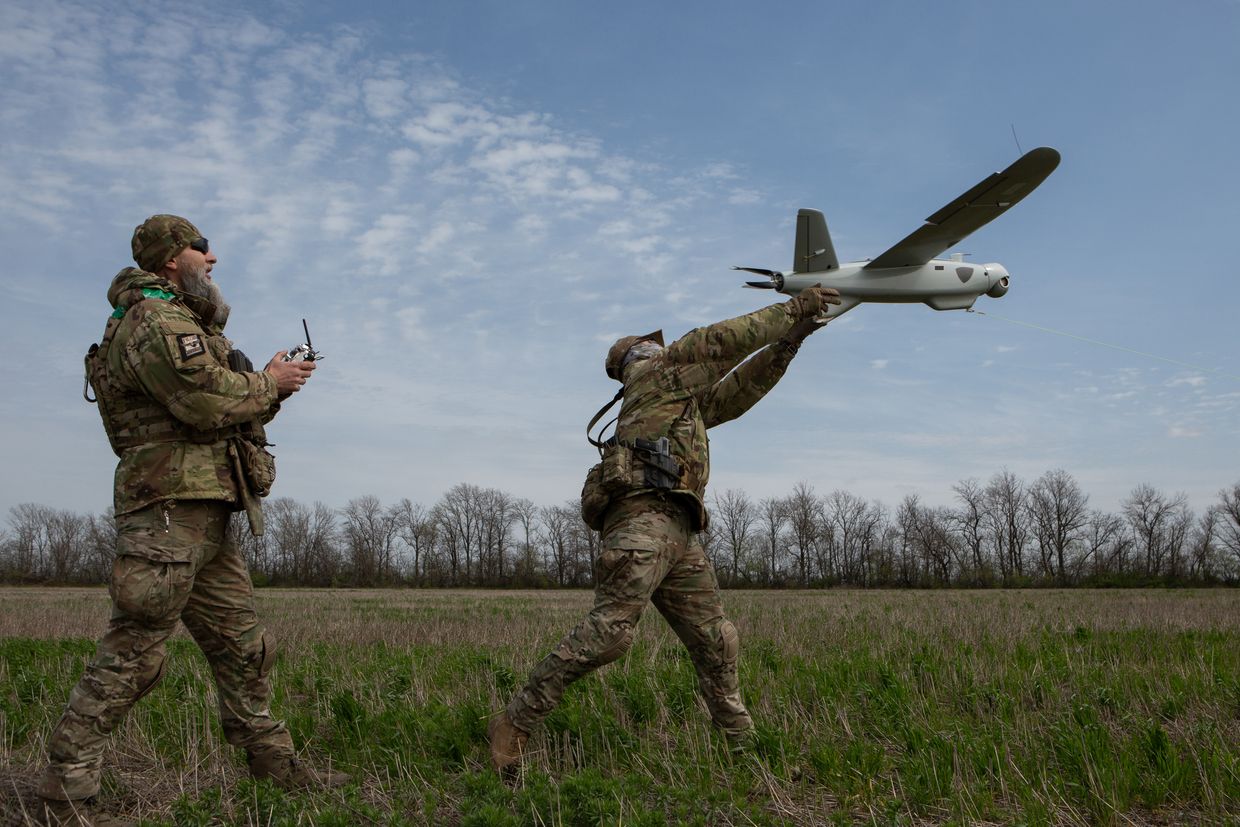Duda dismisses threats against Poland, Baltics as Russian disinformation

Polish President Andrzej Duda on April 16 denounced Russia for its "bloodthirsty imperialism" and dismissed threats made to Poland and the Baltic states.
"Russia, which is behaving aggressively towards NATO and implementing its brutal and bloodthirsty imperialism, has been attacking Ukraine for three years," Duda said.
"Everything NATO does is a response to Russian aggression... NATO has never attacked anyone and does not attack, it is an alliance that exclusively supports security," he added.
Russia's Foreign Intelligence Service (SVR) Director Sergey Naryshkin threatened Poland and the Baltic states on April 15, claiming the countries would be the "first to suffer" in a direct conflict between NATO and the Russian Federation.
Duda described the threats by Naryshkin as "classic Russian misleading disinformation."
Duda condemned Russia for escalating tensions with inflammatory statements and aggressive actions on the border between Russia, Belarus, Poland, and the Baltic states.
"This is said by Russia, which is redeploying its nuclear weapons to Belarus, brazenly bringing them closer to the borders of NATO and the European Union," Duda said.
Duda called for Western nations to continue to strengthen their defense capabilities to deter Russian aggression.
"Strengthening Euro-Atlantic ties, modernizing our armies so that the deterrence potential is real in our countries — this is the only effective policy that should continue to be implemented calmly and consistently," Duda said.
Duda underlined the importance of NATO amid the threats made by Russia.
"Our presence in NATO and our joint readiness for mutual defense based on Article 5 is of fundamental importance," Duda said.
Russia regularly threatens to escalate its war against Ukraine amid Western support for the embattled nation.
"They should understand, but do not yet understand, that in the event of aggression by the North Atlantic Alliance against (Russia and Belarus), damage will be done, of course, to the entire NATO bloc, but to a greater extent, the first to suffer will be the bearers of such ideas among the political circles of Poland and the Baltic countries," Naryshkin claimed on April 15.











